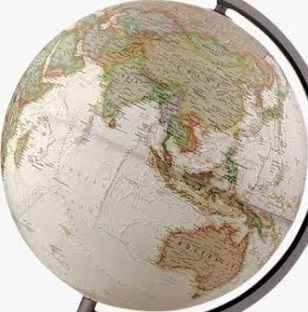
And it appears that as Will Quinn returned at Parkhead in 1930 so Farmer was on his way once more, for a season, perhaps two, back at Marseille but this time without national success. He had to be content with wins in both cup and league regionally as the French national set-up was reorganising for the start of the the truly professional era. Top-flight football on the other side of the English Channel had been notionally amateur. In fact, from the end of First World War it had both been “shamateur” and developed in a way that in 1932 translated into overt professionalism in a form that was both unique and well-funded. If teams were not works, i.e. company-backed, they were often supported by the local municipality or department and with the money they provided able to recruit, players and coaches alike, not just in France but also throughout Europe and even in South America."He was a fine fellow but he never gave us a word of advice, just saying 'OK' each time we won. On the other hand, he knew how to keep the team's spirits up and that was ample compensation."
